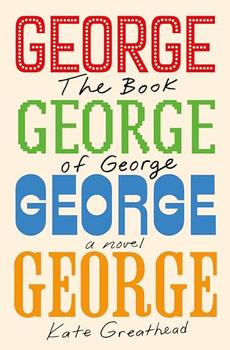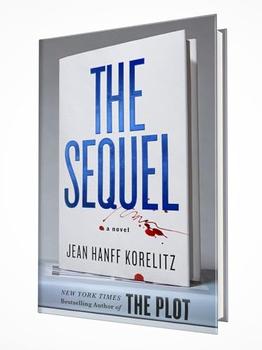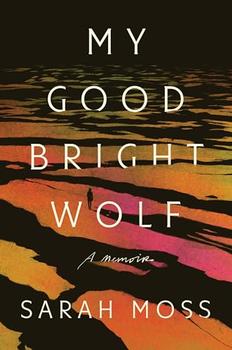
Charles Chadwick discusses his fascinating first novel It's All Right Now and reveals what he's working on now.
It's All Right Now is your first novel. How long did it take to write
and what was your process? Do you feel your work would be less rich or different
in some way if you had not maintained a full career?
Beginning in the early 70s, it was written over a period of about 30 years in
four installments at about eight year intervals when I began wondering what
might have happened to Ripple, what people he had met, how he might have
changed. I had no choice but to follow a career. Unlike Ripple's, my life was
mainly overseas. We have nothing in common in background or education, nor do
any of the characters bear any resemblance to people I've known in real life.
The connection between life and work is one I find it very difficult to make.
Literature draws as much from literature itself as from life, I think.
The structure of the book is almost a non-structure -- undisciplined but
highly effective. Can you discuss how you put this book together? How did you
create this informal structure -- one with very little plot -- that perfectly
suits the tone and voice of the narrator?
My aim was, very simply, truth to life. Lives do not have structures or plots
-- these are mythic artifices. Ripple himself has thoughts about this. See page
671: fiction doesn't have to do justice to real people. He writes about his life
as anyone might.
Have there been comparisons between Tom Ripple and other everyman characters?
It would seem fair to compare Tom to Walter Mitty or Bartleby the scrivener.
Were there any literary creations you looked to when forming Tom Ripple?
I began the book after reading Joseph Heller's Something Happened. The style
and perspective of the book are apparent from that, though Ripple soon acquired
a life of his own. I'd tried other (mainly third-person) approaches but it was
Heller's book that set me off. There have been as many women as men who have
liked the book, so I like to think Ripple speaks quite generally for all sorts
of people. I tried to broaden his experience and the range of people he met to
fill his life as much substance as possible.
Writing about his life is something Tom Ripple finds as a way to make sense
of his life and other people's lives. How was your experience of writing this
novel the same or different from Tom's?
This is a connection I find it hard to make. The book hasn't helped me to
make sense of my life, but in doing it I might have discovered a little about
how lives might develop and deepen and be made sense of (or not as the case may
be).
You have written four other novels as well as short stories. Will we be
seeing any of this work in the near future?
I have now just about finished a further part of the novel covering Ripple's
last years. As before, I was curious to know what happened to him next and up to
the end. Other work is being looked at.
Unless otherwise stated, this interview was conducted at the time the book was first published, and is reproduced with permission of the publisher. This interview may not be reproduced or reprinted without permission in writing from the copyright holder.




Music is the pleasure the human mind experiences from counting without being aware that it is counting
Click Here to find out who said this, as well as discovering other famous literary quotes!
Your guide toexceptional books
BookBrowse seeks out and recommends the best in contemporary fiction and nonfiction—books that not only engage and entertain but also deepen our understanding of ourselves and the world around us.